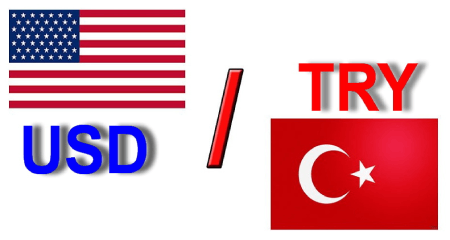
The Turkish lira gives away part of the gains seen earlier in the week and lifts USD/TRY back to the area beyond the 23.6000 level on Thursday. After two consecutive daily declines, the USD/TRY currency pair has rebounded and continued its upward trend past the 23.6000 level. This occurred despite investor disappointment following the Turkish central bank's decision to raise the One-Week Repo Rate by 650 basis points during its event on Thursday. The central bank's move was intended to kick-start the monetary tightening process, establish a disinflation course, anchor inflation expectations, and control pricing behavior. The CBRT reiterated its commitment to the 5% inflation target and did not rule out additional monetary tightening measures to achieve this target.
USD/TRY now seems to have embarked on a consolidative phase in the upper end of the recent range. In the meantime, investors are expected to closely monitor upcoming decisions on monetary policy. By appointing Mehmet Simsek and Hafize Gaye Erkan, both former Wall Street bankers, to oversee the country's finances, President R. T. Erdogan seems to suggest a possible move away from heavy state intervention in favor of letting the market dictate the fair value of the currency. Although it remains uncertain whether Mr. Erdogan's preference for combating inflation through lower interest rates will allow Simsek and Erkan's orthodox approach to monetary policy to thrive, the news of their appointment has been so far cautiously welcomed by market participants. In a broader sense, price action around the Turkish currency is expected to continue to revolve around the performance of energy and commodity prices, which are directly tied to developments from the Ukraine conflict, broad risk appetite trends, and dollar dynamics. So far, the pair is gaining 0.61% at 23.6595 and faces the next hurdle at 23.6804 (all-time high June 12) followed by 24.00 (round level). On the downside, a break below 20.5294 (55-day SMA) would expose 19.8125 (100-day SMA) and finally 19.2064 (200-day SMA).

Comments powered by CComment